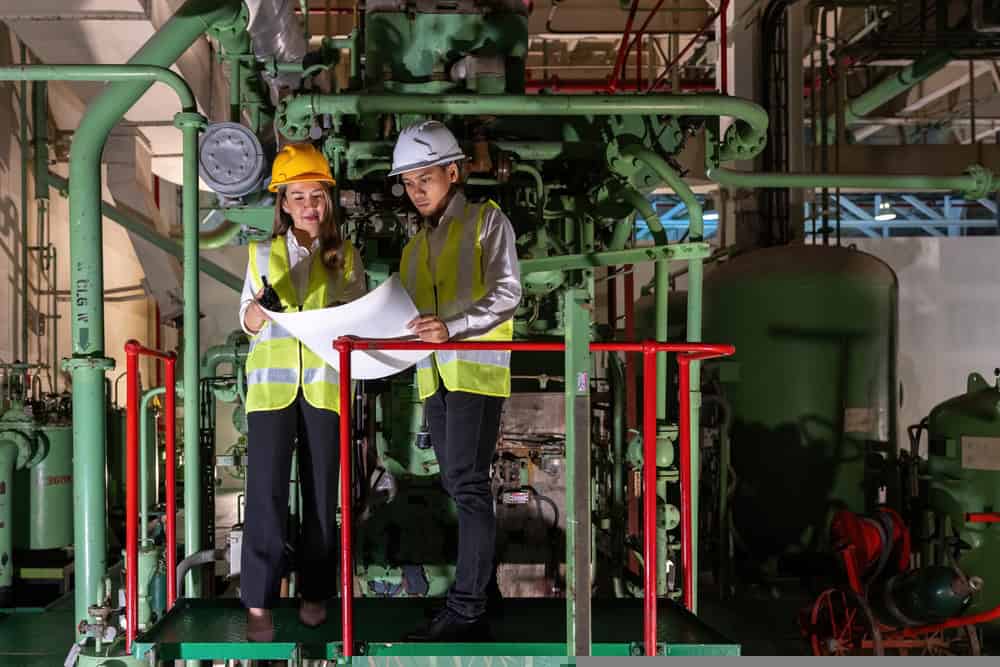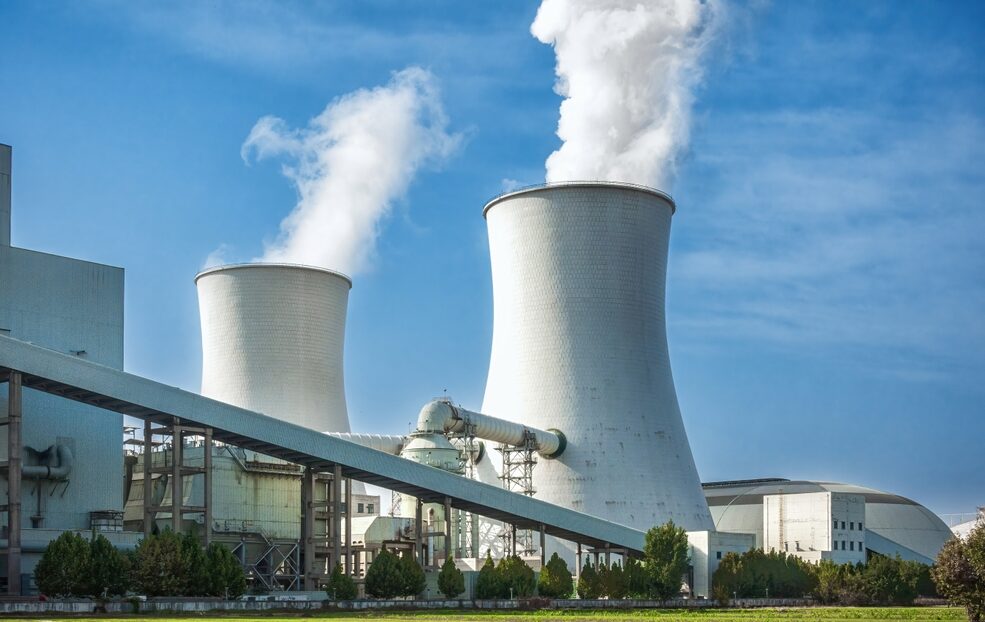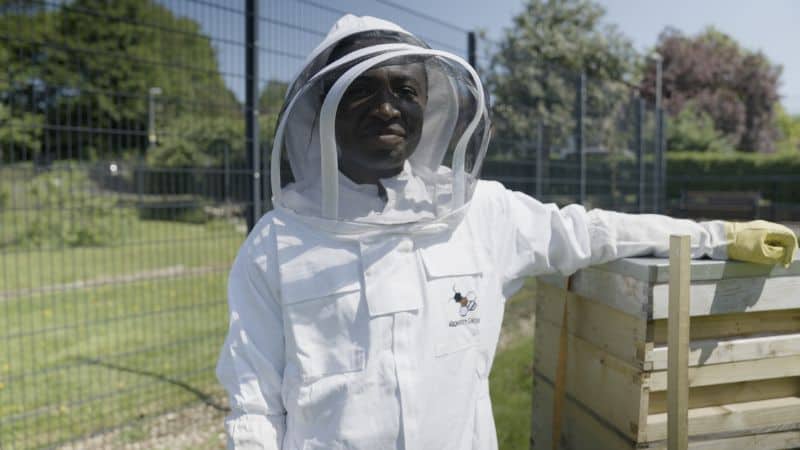Nuclear energy produces no direct greenhouse gas emissions during electricity production and is central to many countries’ energy infrastructure. By virtue of not relying on different weather conditions, its output is consistent, making it a stable foundation to support renewable energy generation. This makes nuclear energy a crucial strand of the Net Zero strategy for many countries including those with fewer options for energy sources such as solar or hydrothermal power. Nuclear Engineers therefore form an invaluable pool of expertise, creating the foundations of a low carbon future.
The precise role of a Nuclear Engineer can vary depending on their expertise. The job might involve taking part in the design process of nuclear power stations or working to improve electrical efficiency and safety. Alternatively, a Nuclear Engineer may be involved in the practical chemistry around nuclear science and fuel efficiency. Nuclear engineering can also mean looking at methods of safe waste management, at heat transfer and hydraulics, instrumentation and mechanics, and any number of subjects related to construction or environmental restoration after decommissioning. Collectively, these disciplines help to reduce our reliance on fossil fuels, supporting a net zero society.















